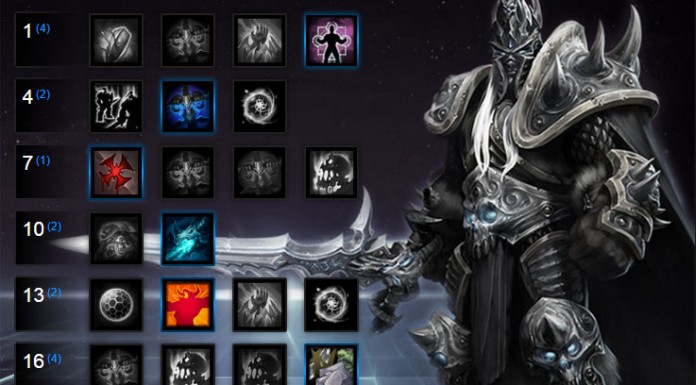Want to become a better player, but don’t know where to start? Me neither, most of the time. Finding a place to start training your Dota skills can be difficult, if not downright intimidating.
In many ways, mastering competitive gaming is similar to improving in physical sports: want to become better at running? Run more often. Improving at Dota requires focused, ongoing, and occasionally repetitive practice. That being said, it’s not as simple as that might sound. Much like stick-and-ball sports that require coordination and teamwork, you can practice Dota basics all day long, but it’s meaningless if you can’t connect them with higher-level thought and strategies.
For example, being good at spiking volleyballs is useless if you can’t read the blockers on the other team nor time yourself to the setter’s throws. In Dota, grabbing all the last hits is a great skill, but you can’t spend all day farming. Landing stuns is great, except useless if you’re not chaining them with your teammates’ stuns. But it’s pretty hard to convince a buddy to play with you in bot games day after day so you can practice timing stuns correctly.
Resources
I’ve heard some people have programmed their own bots specifically to help them practice a specific skill or a specific hero. If you have the programming skill, that’s a great way to practice.
Day[9] has been learning to play Dota too. Purge, the legendary teacher of noobs, has put together several lesson plans for him.
There are plenty of hero guides and websites dedicated to teaching people the essentials Dota, but they don’t address the other half of the equation: stringing all those individual skills together into a strategy.
The /r/learndota2 subreddit is an excellent resource for players at all levels. If you have questions about mechanics, laning matchups, item builds, or the current state of the meta, make a post, sit back, and watch the helpful comments pour in.
Practice Makes Perfect
It’s hard, even in bot games, to not actively try to win. But bot games are great places to practice mechanics and identify specific map goals. Since the outcome of bot matches doesn’t matter, you can ignore the nine other “players” and let them fight their own battle while you work on refining a specific skill — for example, you might want to practice bottle crowing or camp stacking. If you need a space to focus on mechanics or individual plays where there’s still an element of unpredictability, bot matches are an excellent way to learn, even for advanced players.
They’re also great places to practice warding as a support — you’ll identify useful ward spots, and, more importantly, you’ll get a sense of how to use your vision to read enemy movements around the map.
You May Like
Bot games are, furthermore, the single best place to get acquainted with a new hero before you dive into a real game. Figuring out how to use a hero’s abilities is much easier when other people aren’t relying on you, and your future teammates will be grateful that you took the time to get a grasp of the basics.
It’s best if you can grab an IRL buddy to play some unranked matches with. One of the most difficult things in MOBAs is timing heals and ability usage correctly between players of different skill levels. In games where everyone is about as skilled as I am, enemy teams don’t focus down my teammates, and I have more time to set up a heal. In higher level matches with more talented stack-mates, my allies are sometimes wiped off the map before I’m able to help them. Remember, losing is part of the improvement process — nobody wins all the time, even pros.
Tools for Getting Better at Dota
There’s an abundance of moving pieces in Dota, and winning games requires you to successfully execute plays as an individual and with your team. That being said, you don’t have control over your teammates, which means that improving is all about looking at what you could have done to change the course of a game.
If you’re on a losing streak, take some time to seriously reflect on your recent matches. Websites like OpenDota and DOTABUFF analyze your match data (for free!) and provide you with a wealth of insight into how you play the game. You can use these services to track your last hitting, view heatmaps of your warding, and track trends in your gameplay–maybe the amount of tower damage you dish out is going up, but so is the average number of times you die. Watching replays of your losses to figure out where you went wrong might be damaging to your ego, but being able to examine your play with a critical and unbiased eye is an essential part of getting better at Dota.
















